Lesotho Fights Back Against Hunger: Lifesaving Food Support for Vulnerable Families in Crisis

By: Lineo Monalana, Advocacy, Policy & Communications Officer
Lesotho, a landlocked nation in Southern Africa, is renowned for its breath-taking mountainous landscapes and high altitude, which shape its temperate climate. However, this climate is becoming increasingly unpredictable, posing significant challenges to the country’s agricultural sector and the livelihoods of its 2.2 million residents.
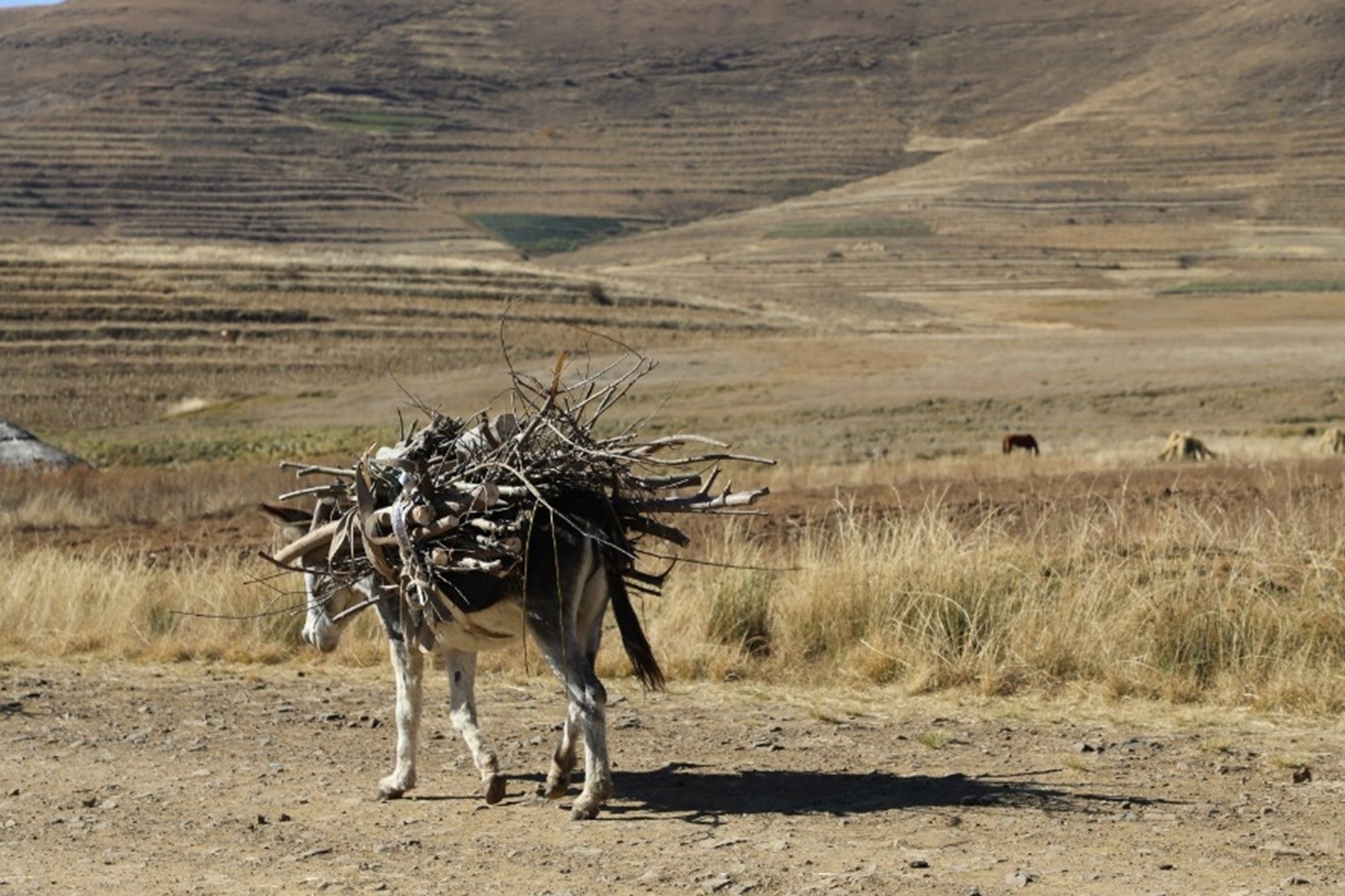
Since the early 1900s, Lesotho has faced growing irregularity in rainfall patterns, resulting in diminishing soil moisture levels. These changes have drastically impacted agricultural productivity, undermining the resilience of communities that rely heavily on farming for sustenance. As droughts become more frequent and severe, food production has plummeted, leaving many families vulnerable to food insecurity.
The crisis reached a peak during the 2015-2016 drought, linked to the El Niño phenomenon, which particularly affected the southern region. In response, the former Prime Minister declared a national disaster, urgently calling for food aid to support thousands of affected families. Despite ongoing efforts by the Lesotho government and development partners to assist the population through food aid and climate-smart agricultural training, the situation has not improved. In July 2024, Prime Minister Ntsokoane Samuel Matekane declared a new state of disaster due to worsening food insecurity, with 403,000 Basotho facing severe food shortages caused by poor agricultural yields.
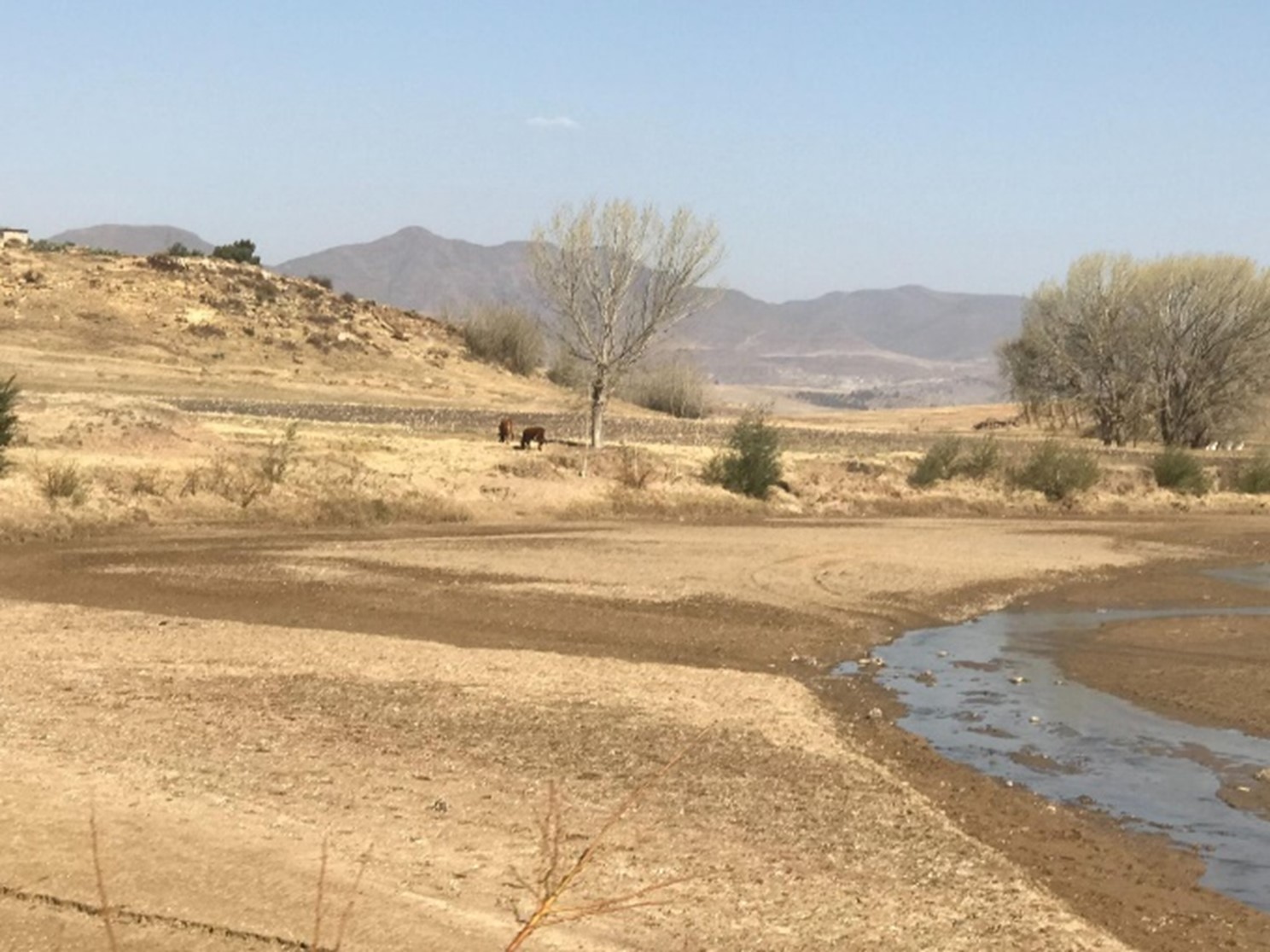
Lesotho Integrated Food Security Phase Classification
The latest report by the Lesotho Vulnerability Assessment Committee paints a grim picture: the Lesotho Acute Food Insecurity Analysis classifies acute food insecurity at IPC 3 (Crisis Level), affecting seven districts and nearly 19% of the rural population—around 293,000 Basotho from impoverished households. This classification underscores the urgent need for immediate intervention to alleviate food shortages, protect livelihoods, and prevent malnutrition, especially among children who are particularly vulnerable. Food shortages not only lead to stunted growth and weakened immune systems but also increase susceptibility to illness. Alarmingly, the report projects acute food insecurity will affect 10 districts from October 2024 to March 2025, with approximately 403,000 Basotho facing IPC 3-level food insecurity, accounting for 27% of the rural population.

World Vision’s Lifesaving Response
In light of this urgent crisis, World Vision Lesotho, as part of the Lesotho El Niño Response, has stepped in to provide critical support through the European Civil Protection and Humanitarian Aid Operations (ECHO)-funded 'Consolidating and Strengthening Disaster Risk Reduction' project. This initiative will deliver food packages to 242 households across four districts—Leribe, Maseru, Thaba-Tseka, and Mokhotlong over the course of three months, starting in October 2024. The first distribution was launched at Ha-Mohale, Likolobeng Community Council, where 47 households received vital food assistance.
The community at Ha-Mohale relies heavily on agriculture to sustain its families. Their soil had always been rich with moisture and produced abundant yields of maize, sorghum, and vegetables, ensuring stable livelihoods. Additionally, livestock such as sheep, goats, and cows provided essential protein for many households, contributing to healthier living. However, the impacts of climate change have severely affected these communities. Persistent droughts and harsh cold weather have led to diminishing agricultural output and loss of livestock. This year alone, the community lost about 50 goats due to heavy snowfall, necessitating interventions to restore communities' livelihoods.
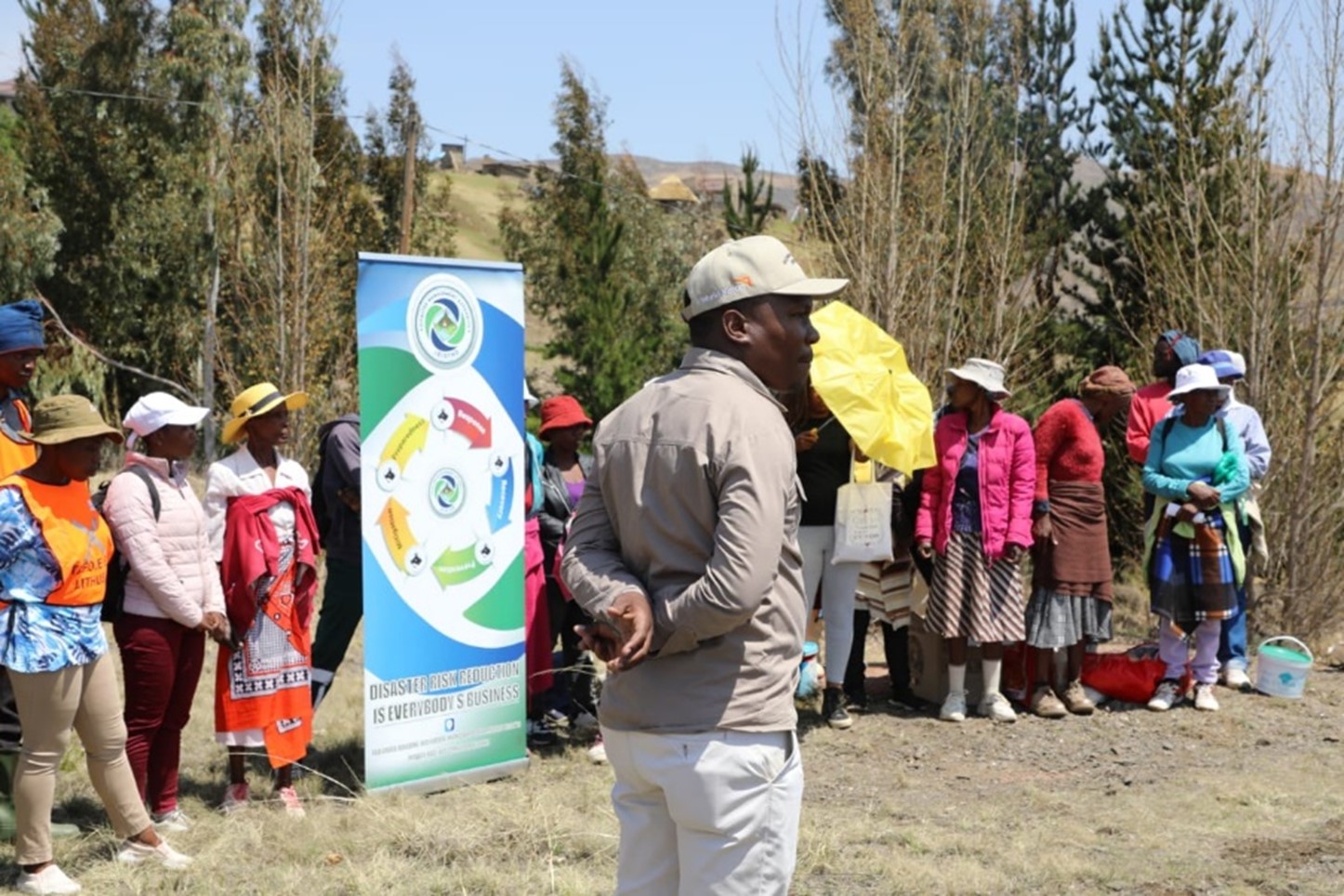
In his pre-distribution brief, the Maseru district ECHO Project Officer, Mr Majoro Fosa reported that the objective of the distribution in this council was to respond to the much-needed food aid to sustain lives. The packages included maize meal, bread flour, cooking oil, vegetables, eggs and hygiene packs consisting of soap, roll-on, sanitary towels and lotion to meet human needs according to the DMA recommended minimum survival basket.
Community Perspective
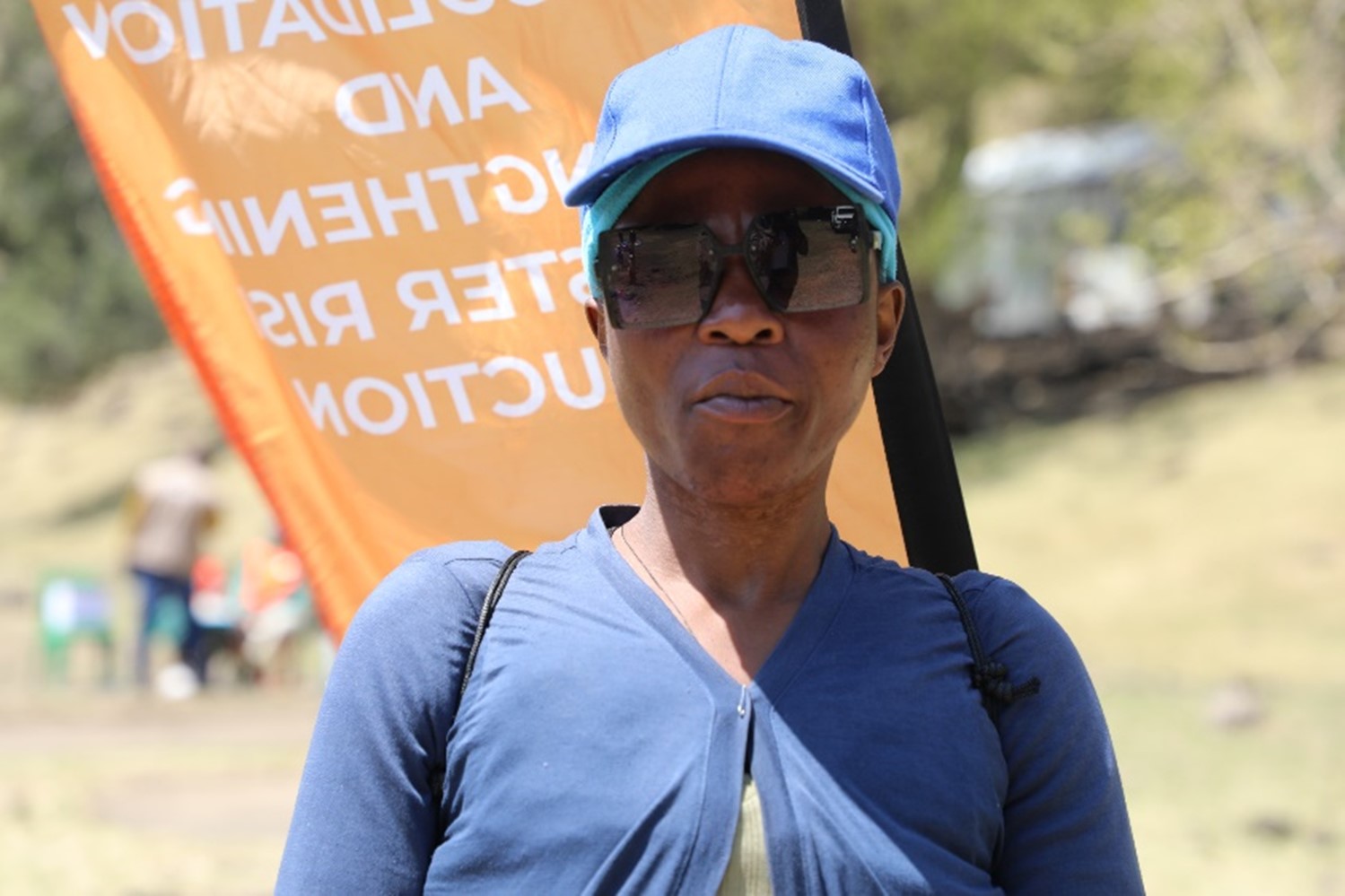
A 31 year -old Ntsoaki from Tsieng Village shared that their livelihood in this community relied heavily on growing crops until they were hit severely by drought. She indicated that their eating patterns were then forced to change since some of the community members could no longer plough due to loss of animals and low crop yields. She alluded that they resorted to laboring for those who could still continue their agriculture, for few wages in order to sustain their living. Ntsoaki concluded that the food they received was their dire need.
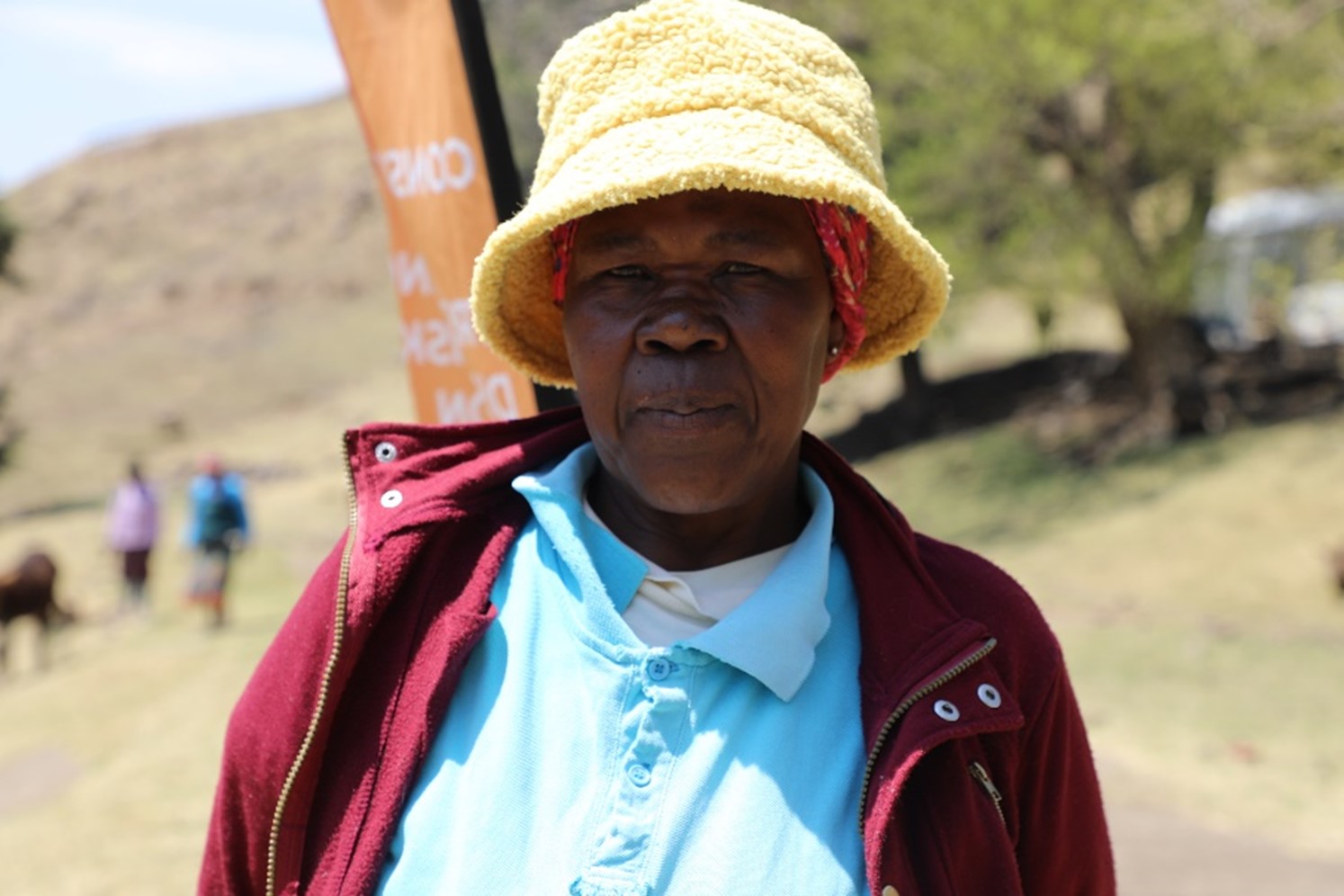
A member of the Village Disaster Management Team commented on the shifting climate patterns, saying, “Climate change has disrupted the seasonal patterns we once relied upon. Bitterly cold winters and increasingly dry summers have led to prolonged droughts, crippling our agriculture and increasing vulnerability to hunger, especially among children. We are thankful to World Vision for helping us build resilience within our communities.”
Building Resilience in the Face of Crisis
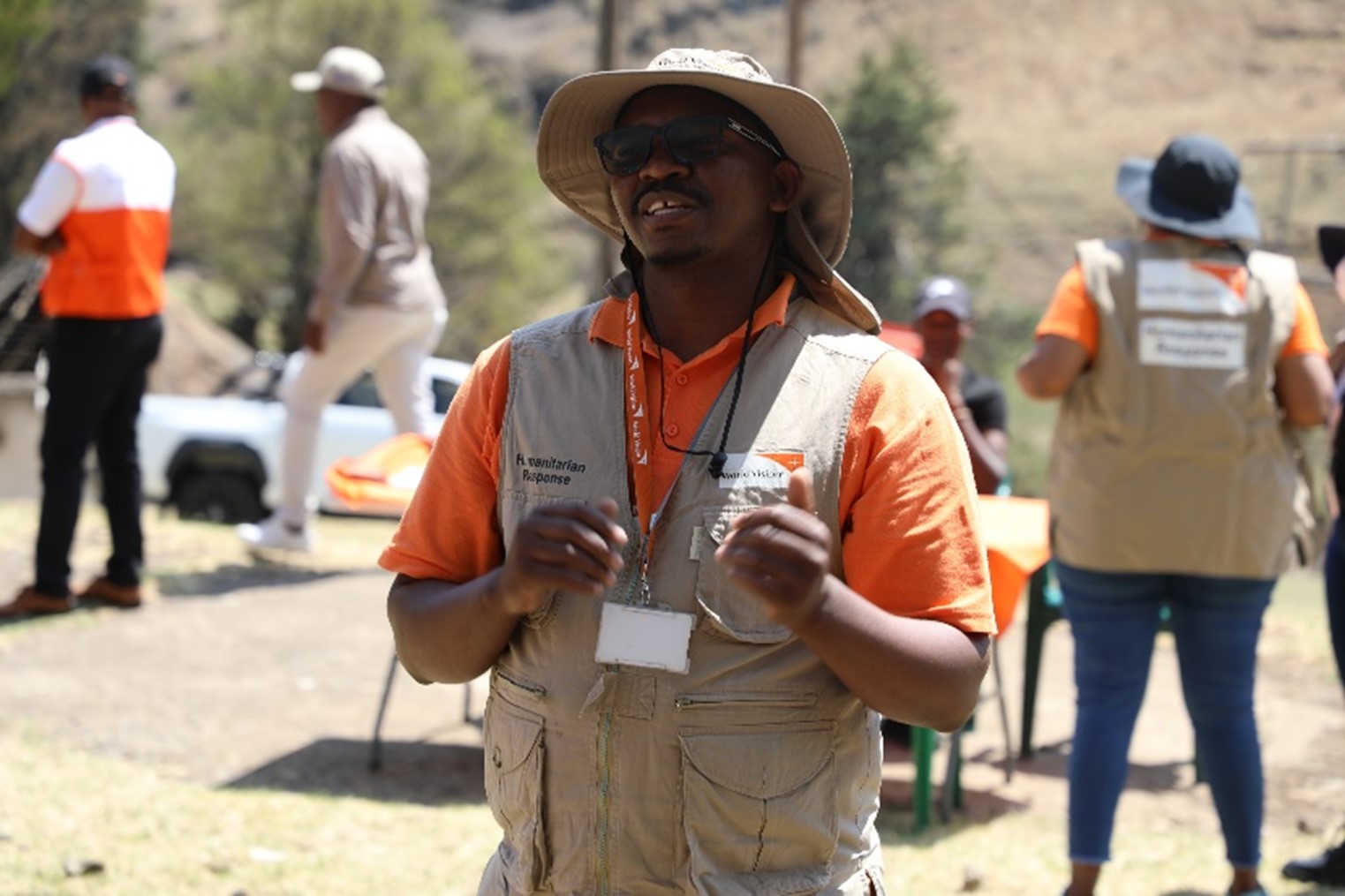
The community further asserted to the reality of drought in their area and the impact it has had on them, their crops and animals, mentioning that they need to participate in their own resilience as a community to ensure continued livelihoods in spite of the already existing food shortage challenge they are confronted with. At the food distribution launch event, Mr. Makhera Kalele, World Vision Lesotho Livelihoods and Resilience Manager, emphasized the importance of resilience-building in the face of these challenges. He urged and educated the community to adopt climate-smart agriculture as a sustainable strategy to combat food insecurity and enhance their livelihoods. Demonstrations on climate-smart agriculture will therefore continue in November, so that every household is able to produce crops that are tolerant to harsh weather such as drought and heavy rains.
Looking Ahead
The food distribution in Ha-Mohale was the first of several planned interventions across the country, as World Vision Lesotho continued providing lifesaving food packages to 195 additional households in Leribe, Thaba-Tseka, and Mokhotlong. These form part of the districts with high altitude, comprising of rural and hard to reach areas that are also mostly prone to climatic effects that destroy crops, thereby posing challenge on livelihoods of many families. This ongoing commitment to supporting vulnerable communities intends to address the prevailing food shortages in these areas and ensures that no family stays under starvation.
View Story Maps: Lesotho Fights Back Against Hunger: Lifesaving Food Support